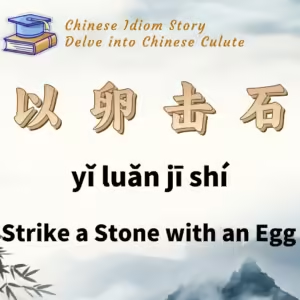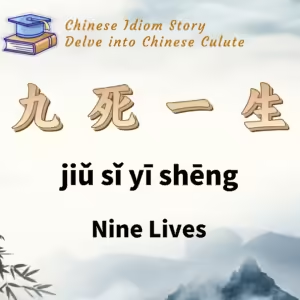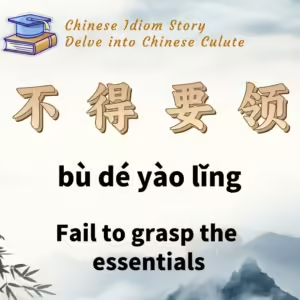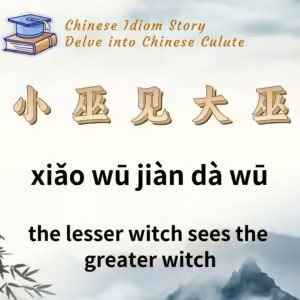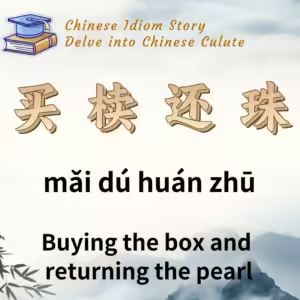
Chinese Idiom: 买椟还珠 (Mai Du Huan Zhu)
English Translation: Buying the box and returning the pearl
pīn yīn: mǎi dú huán zhū
Idiom Meaning: This idiom is used to describe a lack of discernment or insight, indicating that someone only sees superficial appearances and fails to grasp the essence of a situation.
Historical Source: 《韩非子 · 外储说左上》 (Han Feizi, External Storage, Part One).
Idiom Story:
One day, King of Chu read an article by Mozi (the honorific title for Mo Ti, a philosopher of the Warring States period) and asked Tian Jiu, a member of the Mohist school, why Mozi was known for his great knowledge but did not pay attention to the beauty of his prose.
To illustrate his point, Tian Jiu recounted a story:
In ancient times, there was a jeweler from Chu who brought a large, round pearl to sell in the state of Zheng. Believing that such a valuable pearl would sell for a higher price if presented beautifully, he crafted an exquisite box from precious wood. He decorated the box with jewels, jade, and rose-colored gems, and made it fragrant with spices before placing the pearl inside.
Indeed, a man from Zheng saw the beautifully decorated box and offered a high price to buy it. However, the next day, the Zheng man returned with the pearl, saying, “When I got home and opened the box, I found a pearl inside. I believe you must have forgotten it, so I brought it back to you.”
As a result, the jeweler sold the beautiful box but did not sell the pearl.
After hearing this story, the King of Chu found it amusing but did not understand its deeper meaning. He asked, “What does this story illustrate?”
Tian Jiu replied, “Nowadays, some writers prefer to use ornate phrases that dazzle the eyes, forgetting the practical essence of their work. Writing in this manner is just like the jeweler selling the pearl. Mozi feared that others would only admire the beauty of the words and overlook the truth conveyed in the article. That is why he chose to write plainly.”
From this story, people later derived the idiom “买椟还珠,” which serves as a metaphor for a lack of insight, signifying that one may only perceive superficial appearances without grasping the underlying significance.



